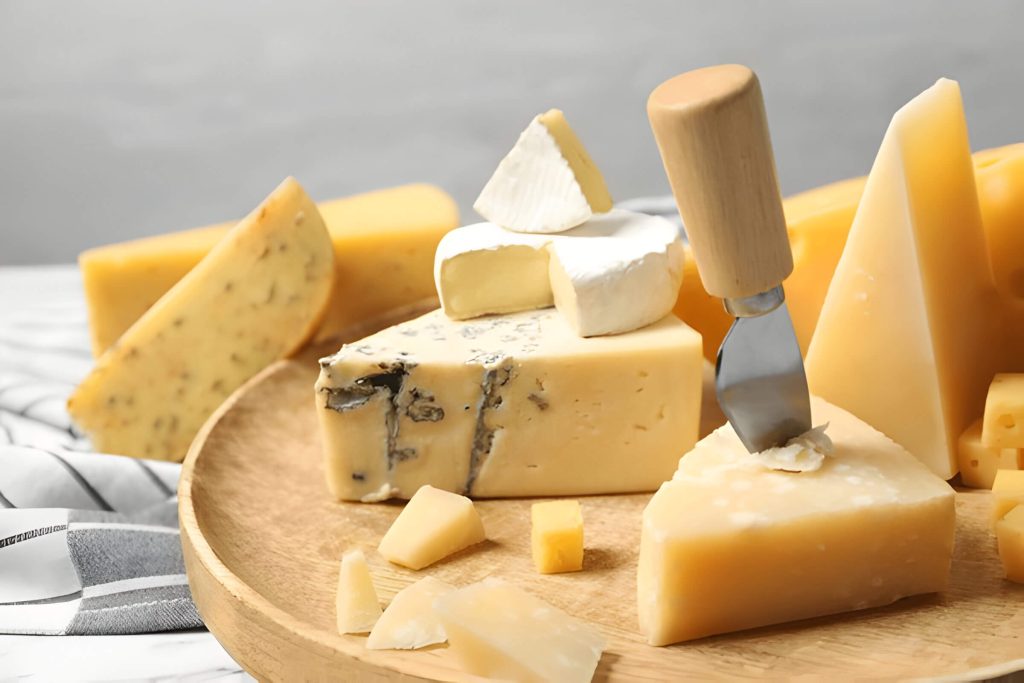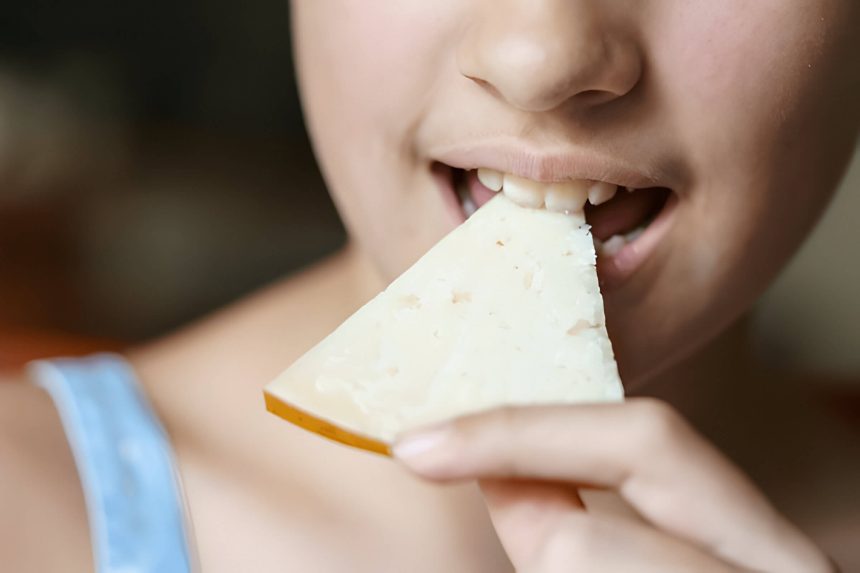The carnivore diet, a controversial eating plan centered on animal products, has sparked intense debate among health enthusiasts. One of the most contentious issues surrounding this diet is the inclusion of cheese. While cheese is derived from animal milk, its status as a non-meat product has led to confusion and disagreement among carnivore diet followers. This article explores the complex relationship between cheese and the carnivore diet, examining the potential benefits, risks, and alternatives, as well as expert opinions on this dairy dilemma.
The Carnivore Diet Conundrum (Is Cheese Allowed?)
The carnivore diet, known for its strict adherence to animal-based foods, has sparked considerable debate among its followers regarding the inclusion of cheese. While the most stringent interpretation of the carnivore diet rules out all plant-based foods, including dairy products, there’s some flexibility when it comes to cheese.
On a strict carnivore diet, only animal meat, organs, and water are permitted. However, some practitioners adopt a more lenient approach, allowing certain dairy products, including cheese. This flexibility has led to confusion within the carnivore community.
Proponents of including cheese argue that it’s an animal-derived product, rich in protein and fat, aligning with the diet’s core principles. Additionally, hard cheeses contain minimal lactose, making them more digestible for those with lactose sensitivities.
However, critics point out that cheese still contains trace amounts of carbohydrates and may trigger inflammatory responses in some individuals. They advocate for a purist approach, eliminating all potential sources of plant matter or additives.
Ultimately, the decision to include cheese on a carnivore diet depends on individual goals, tolerance, and interpretation of the diet’s guidelines. As with any dietary change, it’s advisable to consult with a healthcare professional and listen to your body’s responses when considering cheese in your carnivore diet regimen.
Cheese, Friend or Foe on the Carnivore Diet?

While cheese is often celebrated for its rich flavor and nutritional content, its place on the carnivore diet remains a topic of debate. Dairy products, including cheese, are technically derived from animals, which aligns with the basic principles of the carnivore diet. However, several factors warrant consideration.
Lactose intolerance is a primary concern for many individuals. Cheese, particularly aged varieties, contains less lactose than milk, but it may still cause digestive issues for those sensitive to this milk sugar. Additionally, casein sensitivity can trigger inflammatory responses in some people, potentially undermining the anti-inflammatory benefits often associated with the carnivore diet.
It’s worth noting that not all cheeses are created equal. Hard, aged cheeses like Parmesan or cheddar contain fewer carbohydrates and may be better tolerated than softer, fresher varieties. However, even these can lead to inflammatory responses in individuals with specific sensitivities.
The Potential Risks of Including Cheese in Your Carnivore Diet
While the carnivore diet primarily focuses on animal products, the inclusion of cheese remains a topic of debate. Many wonder, “Can you eat cheese on carnivore diet?” While cheese is derived from animal milk, it’s important to consider potential risks before incorporating it into your carnivore regimen.
One primary concern is the possibility of weight loss stalls. Cheese is calorie-dense and can easily lead to overconsumption, potentially hindering your weight loss goals. Additionally, some individuals may experience digestive issues when consuming dairy products, including bloating, gas, or constipation.
For those with autoimmune conditions, cheese consumption might trigger unwanted reactions. Dairy proteins can sometimes exacerbate inflammation in sensitive individuals, leading to flare-ups of autoimmune symptoms.
Furthermore, the inclusion of cheese might cause carnivore diet setbacks for some. It could potentially reawaken cravings for other non-animal foods or lead to overconsumption due to its palatability.
While cheese can be a source of nutrients, it’s crucial to weigh these potential risks against any benefits. If you choose to include cheese, monitor your body’s response closely and be prepared to eliminate it if you notice any adverse effects on your health or diet progress.
Cheese Alternatives for Strict Carnivore Dieters
For strict carnivore dieters seeking cheese alternatives, there are several animal-based options that can provide similar richness and flavor profiles. Bone marrow, with its creamy texture and high fat content, can be an excellent substitute in many dishes. Suet, the hard fat found around the kidneys of cattle and sheep, offers a dense, savory component that can be rendered and used in various preparations. Tallow, derived from beef fat, is another versatile option that can be incorporated into carnivore-friendly recipes.
These animal-based fats not only serve as cheese alternatives but also provide essential nutrients and energy for those following a strict carnivore diet. While they may not perfectly mimic the taste and texture of cheese, they offer unique flavors and culinary possibilities. Experimenting with different combinations of these fats can help carnivore dieters create satisfying meals without compromising their dietary principles.
It’s important to note that while these alternatives can be nutritious, they should be consumed in moderation as part of a balanced carnivore diet.
How to Safely Experiment with Cheese on a Carnivore Diet
Reintroducing cheese on a carnivore diet requires a careful and systematic approach. Begin with an elimination diet, removing all dairy products for at least 30 days to establish a baseline. When ready to experiment, follow a structured reintroduction protocol. Start with small amounts of hard, aged cheeses like Parmesan or cheddar, as they contain less lactose and are generally better tolerated.
Tracking symptoms is crucial during this process. Keep a detailed food diary, noting the type and amount of cheese consumed, along with any physical or emotional reactions. Pay attention to digestive issues, skin changes, energy levels, and mood fluctuations. This information will help you identify your personal tolerance threshold.
Gradually increase the quantity and variety of cheeses over time, always allowing a few days between new introductions to accurately assess their impact. Remember that individual responses can vary significantly, so what works for others may not work for you. If you experience adverse reactions, consider extending the elimination period or consulting with a healthcare professional.
By following a methodical reintroduction protocol and closely monitoring your body’s responses, you can safely determine whether cheese can be incorporated into your carnivore diet without compromising your health goals.
